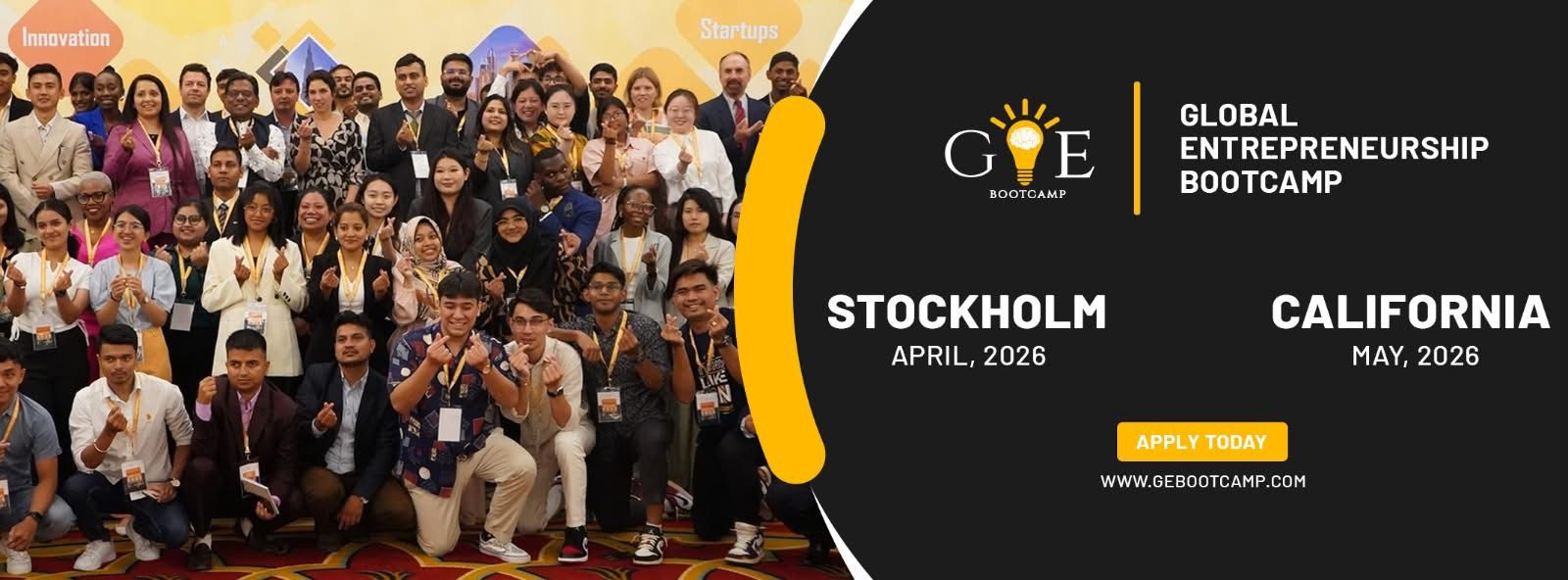
International Society for Infectious Diseases (ISID) Research Grants 2019
Details
International Society for Infectious Diseases (ISID) Research Grants for 2019 is available for application. ISID aims to support health professionals, non-government organizations, and governments around the world in their work to prevent, investigate and manage infectious disease outbreaks when they occur, particularly in countries that have limited resources and which disproportionately bear the burden of infectious diseases.
Areas of interest include, but are not limited to:
- Investigations of the epidemiology, pathophysiology, diagnosis of infectious diseases
- The epidemiology and control of healthcare-acquired infections
- Modelling of cost effective interventions
- The implementation of Infection control measures in low and lower-middle income countries
- Antimicrobial resistance (AMR)
Benefits
- Up to eight grants of up to US$7,000 each annually
- Upon completion of their research, additional funding may also be available for recipients to attend an ISID event to present their findings, either at the International Congress on Infectious Diseases or the International Meeting on Emerging Diseases and Surveillance.
Eligibility
- Open to researchers who live and work in low or lower-middle income countries as classified by the World Bank
- The researchers should be less than forty years of age
- They should not previously have had the opportunity to work or study outside of their region, or received major research funding including ISID grants.
- Furthermore, upon completion, you need to submit a short written report on the outcomes of research to the Society.
- ISID also encourages recipients of grants to present their results at scientific meetings and to submit them for publication in peer-reviewed journals including, but not limited to, the International Journal of Infectious Diseases.
Applying
Applicants having interest need to apply using the online submissions system by April 1st and include:
- Research plan for project related to human infectious diseases – five pages, including background, methods, limitations as well as references
- Applicant’s curriculum vitae
- In addition, letter of reference from applicant’s institution
- Budget
Specifications
| Type of Opportunity | Scholarships and Fellowships |
|---|---|
| Deadline | 01 April,2019 |
| Organizer | International Society for Infectious Diseases (ISID) |
| Contact the organizer | [email protected] |
Related
Sidebar
University of Auckland International Student Excellence Scholarship 2026 – Up to NZD $10,000 for ...
